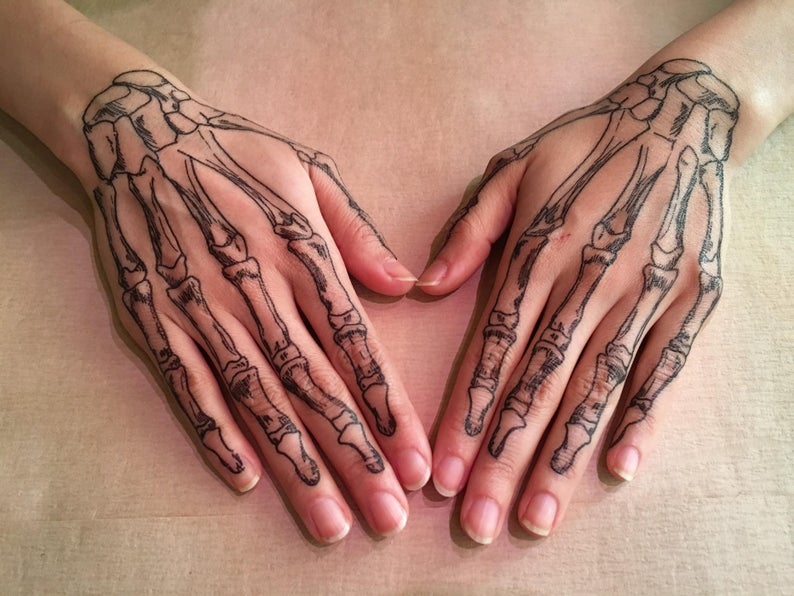As social media helps to change the way we communicate, Oxford Dictionary adds several popular phrases to its roster.
The Internet is a very big place with plenty of places to match minds and enthuse about everything from Game of Thrones to Call of Duty to that gross microwaveable meal you ate for dinner last night. The Internet doesn’t always have to be high brow and Twitter’s 140 character format makes it as easy to send over a quick kitten meme as it does to help cause a social uprising. And that’s great! It really is because it shows exactly how we as people are developing and evolving – especially when huge decisions such as new products and TV shows and even the states of our governments are being dictated by the way and frequency we chat about such things online. But just how are we discussing such mundane and important topics? With new words that we’ve invented ourselves, apparently, which is why the English go-to guide, the Oxford Dictionary, has been updated to reflect this.
Bro-hug and humblebrag are perhaps regrettable words now listed online in the Oxford Dictionary but in the fully announced list, the words reflect both popular trends and genuine changes of habits alike. For example, binge-watch (and hate-watch, depending on how that one Netflix show made you feel afterwards) have both been added as a result of the Internet letting us watch great deals of TV and the like in one go, meanwhile ‘adorbs’ has also been added because we’ve all been using it for a while and frankly, it’s just a far cuter way of describing the things you’re really fond of. Plenty of language snobs will be unimpressed by the additions of ‘YOLO’ (You Only Live Once) made popular by rap song ‘The Motto’ and ‘side boob’, which is when you show off the side bit of your mammary has also been added, but we say SMH (shaking my head) to those lot who take offense.
In truth, despite the headline of this, it is brilliant that the Oxford Dictionary is taking our new usage of speech and language into account because communicating is ruddy well difficult when you don’t use antiquated phrases like ‘ruddy’ to describe things any more. Furthermore, the language that’s now included in the Oxford Dictionary update doesn’t necessarily mean we’re being dumbed down either – while there’s the definite need to encourage the correct spelling of things rather than the shortened form as well as learning lesser known words rather than inventing all of our own, if we were still using all of the words that Shakespeare invented in his heyday we’d sound pretty silly. And besides, insulting the way people choose to enthuse about what they care about only makes you, as the Oxford Dictionary would say, a total hot mess.
Source: Oxford Dictionary
Be social! Follow Walyou on Facebook and Twitter, and read more related stories Vine, Twitter, HBO Go Make Xbox One an Even More Impressive Console, Twitter Implements Mute Button to Quiet Down Annoying Tweets











